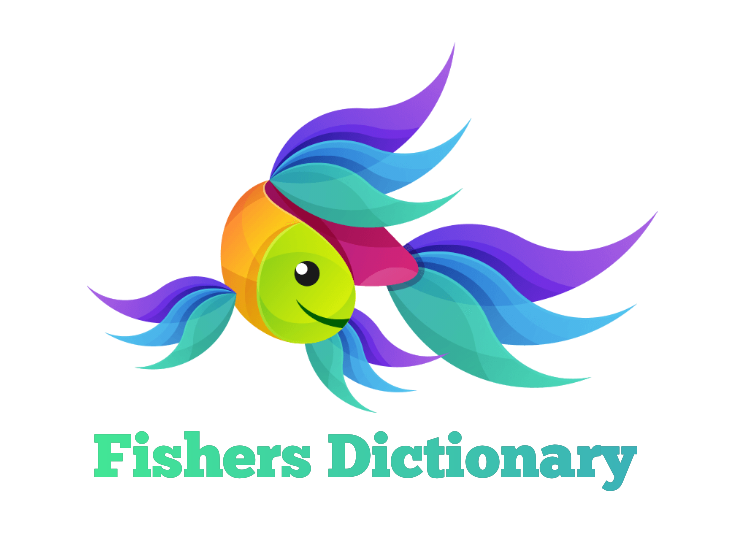An Exclusive Economic Zone (EEZ), as defined by the United Nations Convention on the Law of the Sea, is a 200 nautical mile jurisdiction granted to coastal nations for “sovereign rights for the purpose of exploring and exploiting, conserving and managing the natural resources, whether living or non-living, of the waters superjacent to the seabed and of the seabed and its subsoil, and with regard to other activities for the economic exploitation and exploration of the zone.” Within an EEZ, a country claims exclusive rights to manage fisheries and prevent overfishing.
While the outer 200 mile boundary determines a country’s sovereign limits, within the U.S., most coastal states claim an inner three nautical mile zone from the shore as state waters (some places claim nine nautical miles). For fisheries, such as defined under the Magnuson-Stevens Fishery Conservation and Management Act, management in the inner zone belongs to the states and the remainder of the EEZ is under purview of the federal government (e.g., the National Oceanic and Atmospheric Administration). (fishionary.fisheries.org/eez)





.jpg)


0 Comments